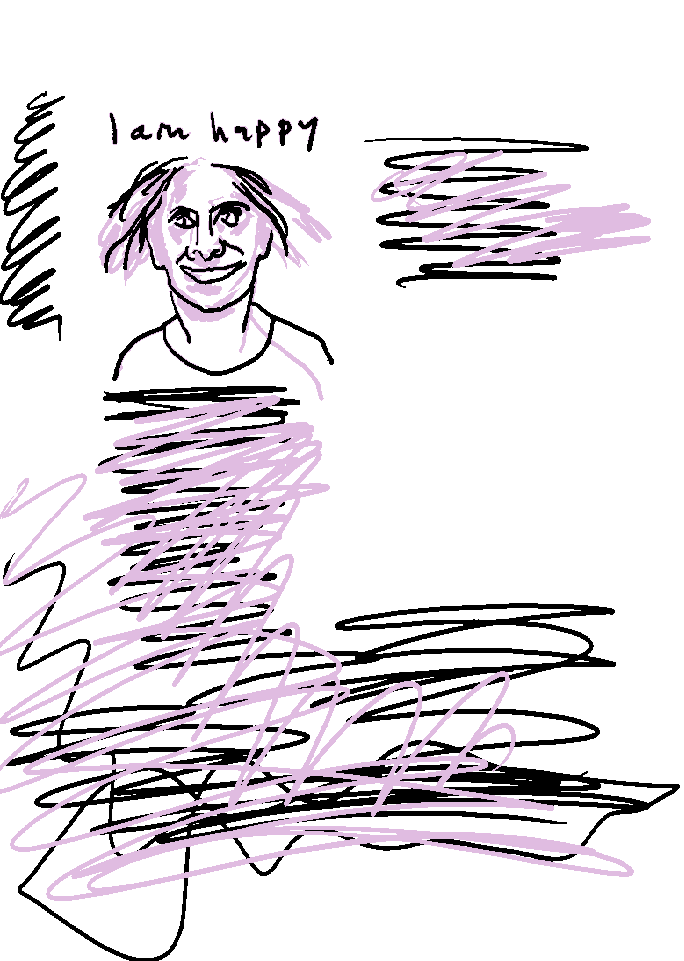Moscow launched attacks at Kyiv and Kherson on Friday, according to Ukrainian officials, as Russian President Vladimir Putin claimed the first tactical nuclear weapons to be stored in Belarus have arrived there.
Here’s the latest news in the conflict:
Attacks and injuries: At least six people, including a child, were injured in the capital Kyiv region following a missile attack Friday, according to Ukrainian authorities. In the south, there were at least 23 injured in “massive” artillery shelling in the city of Kherson.
Biden on Ukraine’s NATO bid: US President Joe Biden is comfortable with removing one of the hurdles for Ukraine to join NATO, a source familiar with the situation told CNN.
According to the source, Biden would be willing to drop a procedural step called the Membership Action Plan. Its removal would represent a small step in easing Ukraine’s accession into the defensive alliance, though the US still does not view Kyiv’s membership as imminent, due to reforms Ukraine still needs to make and its ongoing conflict.
Putin’s nuclear claims: The first tactical nuclear weapons to be stored in staunch Russian ally Belarus have arrived, Putin said at an economic forum in St. Petersburg.
The use of nuclear weapons by Russia is “theoretically possible if there is a threat to the existence of the Russian Federation,” he said. Putin also claimed that Russia has more of the weapons than NATO countries.
US Secretary of State Antony Blinken said that President Joe Biden’s administration is closely monitoring the situation, but it has “no reason to adjust” its nuclear posture and doesn’t “see any indications” that Russia is preparing to use a nuclear weapon.
Ukraine’s Ambassador to the United Kingdom Vadym Prystaiko said Putin’s remarks should be taken “very, very seriously” by the West.
Nova Kakhovka dam probe: It is “highly likely” the collapse of the Nova Kakhovka dam in southern Ukraine’s Kherson region was caused by Russia, a team of international legal experts assisting Ukraine’s Office of the Prosecutor General said, according to the preliminary findings of their investigation released on Friday. Last week’s collapse of the dam is one of the biggest industrial and ecological disasters in Europe in decades.
African leaders visit Ukraine: South African President Cyril Ramaphosa and Zambian President Hakainde Hichilema called for de-escalation of the conflict on Friday after meetings between African leaders and Ukrainian President Volodymyr Zelensky. Several African countries have outlined a 10-step peace initiative for the war.
However, Zelensky said any peace talks with Russia are possible only after the complete withdrawal of Russian troops from occupied territories.
The African leaders are scheduled to meet Russian President Vladimir Putin tomorrow in St. Petersburg.
On the battlefield: Ukraine’s military says there has been very heavy fighting along the southern front, and both sides allege inflicting significant losses.
Ukrainian units are consolidating advances around the southern cities of Melitopol, Berdiansk and Mariupol, their three main targets in the southern offensive, military spokesperson Valerii Shershen said. But he estimated Ukraine’s gains in the region were limited to small distances of a kilometer or less.
In the east, Ukrainian troops have made some progress around the embattled town of Vuhledar and the long-contested city of Bakhmut, officials said.
CNN cannot independently verify claims about battlefield developments.
Russian air strikes and artillery barrages are currently the main issues faced by Ukrainian forces as they keep pushing forward in southern and eastern Ukraine, a senior military officer told CNN close to the front lines.
Here’s the latest map of control:

























